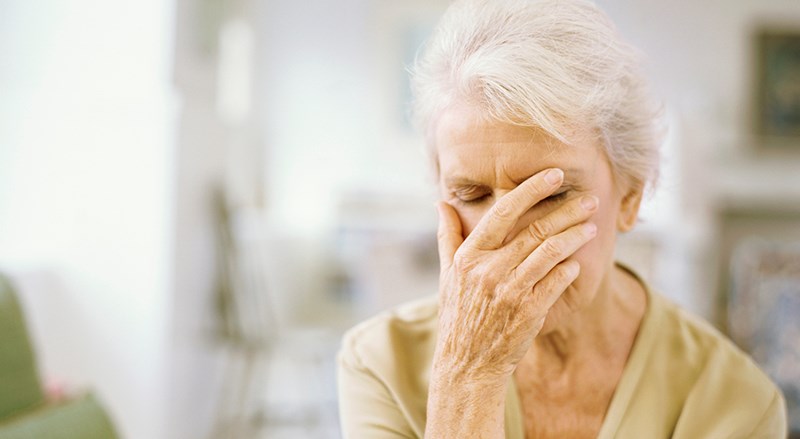What determines your health and happiness?
We know that it is much more than timely access to a good health-care system. In the 2009 report of the Senate Subcommittee on Public Health, only 25 per cent of the health of the population was attributable to the health-care system - 15 per cent was due to individual biology (i.e. genetics) and 10 per cent to environmental factors.
The remaining 50 per cent was due to a variety of social determinants, including poverty, work conditions, housing, diet and community factors.
One of the key determinants of physical and emotional health – and therefore, happiness itself – is our sense of belonging – our connection with our community.
Among the interesting findings of the 2013 My Health My Community survey were the responses to two questions addressing social connectedness. Only 40 per cent of Burnaby residents (compared to 45 per cent in metropolitan Vancouver) had four or more people to confide in. Only 49 per cent of Burnaby residents felt a strong sense of community belonging (compared to 56 per cent in metropolitan Vancouver). Not surprisingly recent immigrants had lower rates of community belonging.
What can we do to nurture our social connections at a personal and community level and improve both our personal health and happiness and that of everyone in our community?
On an individual level, we could make our relationships a priority. Of course, at the end of every life, it is our relationships that were primal. Yet we all tend to take our most important relationships for granted.
Without daily care and attention, we can fall into conflict, become distant and neglect our most important partners in health and wellbeing. We spend more time and attention invested in work, school, personal goals and entertainment; they can take over our daily lives, leaving little for what and who matters most.
We must prioritize time each week and every day for the people in our lives. We must nurture positive interactions to offset our human brains’ natural negativity bias.
As neuropsychologist, Rick Hanson has said, our minds are Velcro for the bad and Teflon for the good. We hear criticisms and demands from others more loudly than affection and appreciation.
Your child, friend and partner need to hear five positive comments to balance out one negative just to come out even.
We need real – not electronic – face time with one another. Our lasting happiness has nothing to do with experiencing transient pleasures and acquiring more material things. Happiness can only be enjoyed in the moments we are fully present, connected with our lives and the people that are an integral part of it.
You are not just an individual. You are part of a greater whole – a partnership and a family, a network of friends and a community, a part of humanity, nature and the world.
We can help others feel more connected in our community by getting to know our neighbours, recognizing what we have in common and offering assistance when and where it is needed.
As a community – at work or school, in our neighbourhoods, and in our church and social groups – what are we doing and what can we do to reach out and connect with others? We are all a part of a greater whole, and we each play a role in the health and wellbeing of our community.
On Dec. 6, I’ll be giving a free talk at the Bonsor Recreation Centre in Burnaby from 7 to 8:30 p.m. The topic: The Positive Potential of Your Relationships. I’ll discuss how healthy relationship and social connections are essential to your happiness and wellbeing; the qualities of healthy relationships; recognizing and managing challenges, and how we can foster a sense of belonging and connectedness in our community. It’s part of the Burnaby Division of Family Practice’s Empowering Patients health education program. To register, email Leona at [email protected]or call 604-259-4450.



